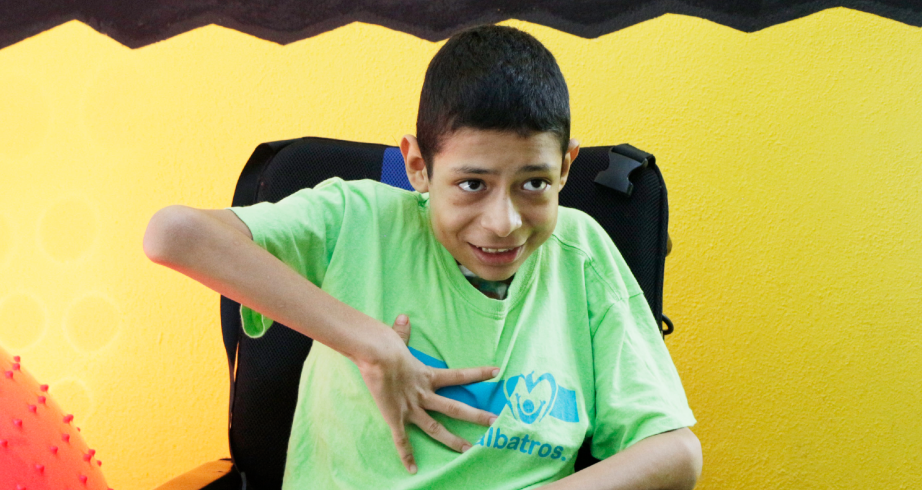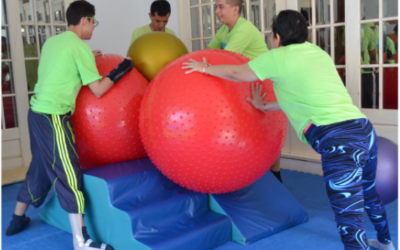The human brain, a marvel
The human brain, in biology, is the main organ of the central nervous system. It is located inside the skull. Its main component is the cerebral cortex, a layer of folded neuronal tissue, which covers the surface of the hemispheres. Its frontal lobes, which are associated with executive functions such as self-control, planning, reasoning and abstract thinking, are particularly large.
It is responsible for regulating and maintaining all the vital functions of the body, as well as being the organ where the mind and consciousness of the individual resides. The human brain contains an estimated 80 billion neurons.
It is protected by the bones of the skull, suspended in cerebrospinal fluid and isolated from the blood by the blood-brain barrier, but its delicate nature makes it susceptible to many types of damage and disease.
The neurologist examines the patient for:
* His competence in mobility (walking)
* His competence in language (speaking)
* His/her competence in manual dexterity (writing)
*Visual competence (reading and visual comprehension)
* Auditory competence (listening and understanding)
*Their auditory competence (listening and understanding)
* Their tactile competence (feeling and touching)
* Their tactile competence (feeling and feeling)
* Their tactile competence (feeling and understanding).
Competence in the six functions is what measures a child’s success in school. The six human functions are independent and distinct from each other. However, they are totally related and, to a high degree, dependent on each other, not in terms of the six areas themselves, but in terms of each of the seven stages of brain development.
A brain injury produces an alteration in one or more of the human functions. Cerebral palsy, microcephaly, autism, hyperactivity, attention deficit, are symptoms of a brain injury. Treating the symptoms does not work.
The treatment of a brain injury is brain stimulation.



